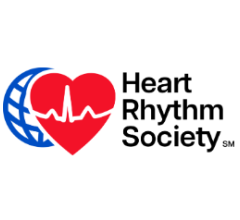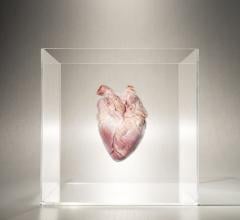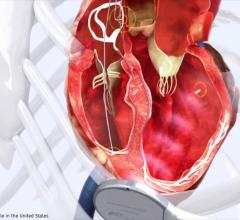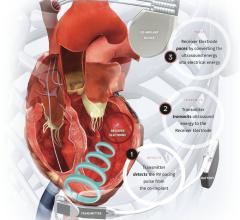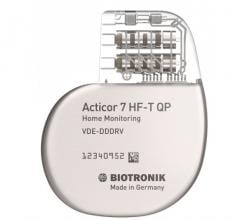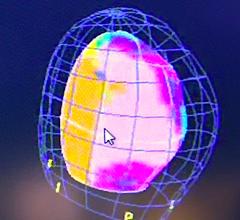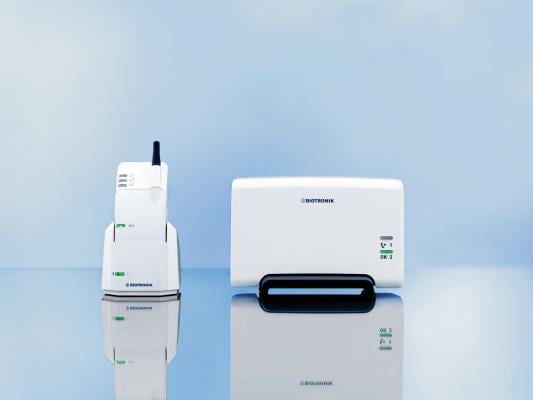
July 13, 2017 — Experts in heart failure management gathered in June to discuss varying scientific evidence in their field and how to transfer results into clinical practice. The Biotronik symposium “CRT in 2017: Remaining Challenges and New Opportunities in Heart Failure Management” took place at the Europace-Cardiostim 2017 congress, June 18-21 in Vienna, Austria.
One challenge is the limited data on whether to exchange cardiac resynchronization therapy defibrillators (CRT-Ds) for pacemakers (CRT-Ps) during routine device replacements in patients who responded well to therapy with improved hemodynamics. Jacques Mansourati, M.D., University of Western Brittany, Brest, France, is using the BioContinue study to help define the profile of CRT responders who may no longer need an implantable cardioverter defibrillator (ICD).
Between 20 to 40 percent of CRT patients suffer from chronotropic incompetence, representing a potentially high need for rate-adaptive pacing. At the same time, there is a lack of evidence about the effectiveness of accelerometer rate adaption — current guidelines do not include a recommendation. Mattias Roser, M.D., Charité Hospital, Berlin, Germany, is conducting a pilot study to research if rate-adaptive pacing with Closed Loop Stimulation (CLS) improves clinical outcomes. The primary endpoint is ventilatory efficiency – a cardio-pulmonary exercise test’s most reliable prognostic variable.
“Although available for decades, there is still conflicting evidence on whether an accelerometer, which measures patients’ movements, is clinically beneficial,” explained Roser. “We believe that CLS has the potential to significantly improve CRT patient outcomes as it reflects individual metabolic demand and reacts to the heart’s contractility. CLS from Biotronik is the only technology to respond to mental as well as physical stress.”
Physicians also discussed the benefits of Biotronik Home Monitoring for CRT patients. Guidelines recommend remote monitoring since the IN-TIME study demonstrated a significant reduction in mortality with Home Monitoring. Interestingly, when the Biotronik system was excluded from trials, such as REM-HF, More-CARE and Opti-Link HF, no clinical benefits of remote monitoring were found. The differences in study results can be explained by Home Monitoring’s features, according to the company: a multi-parameter analysis of relevant clinical data and highly-reliable daily data transfer. With efficient in-clinic workflow, Home Monitoring can prevent heart failure progression and reduce mortality as demonstrated by Hindricks et. al in the recent TRUECOIN meta-analysis.
For more information: www.biotronik.com


 July 21, 2025
July 21, 2025 
